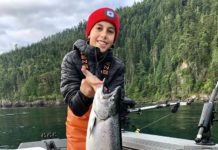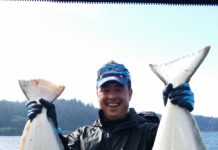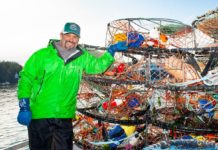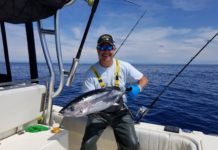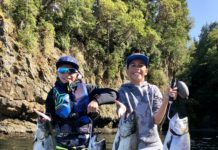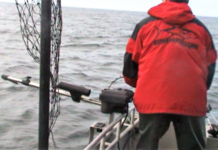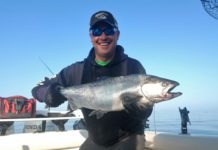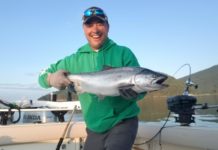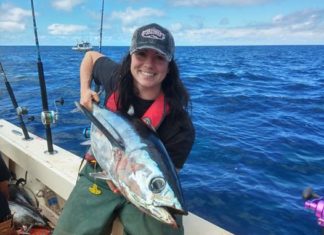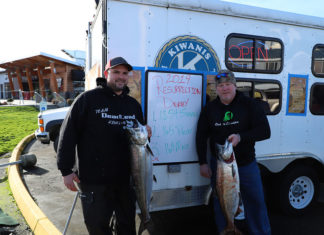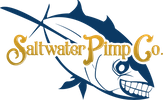Offshore Northwest Charter Service
My Charter Offshore Northwest has been running for seven years now. I am currently running two boats and no one has more fun than we do! This business has grown beyond my wildest dreams...
OPC California Offshore Waters Forecast (corrected)
Analysis & Forecast <!--Analysis & Forecast--> Weather Ocean Ice & Icebergs Other Hazards
Anglers, researchers partner to use fishing event to advance science
https://www.goskagit.com/anacortes/news/anglers-researchers-partner-to-use-fishing-event-to-advance-science/article_f605bf52-139e-11e9-bbe3-5f66dd50f158.html?fbclid=IwAR2S5enBeyyYka6oq40mgjgQObRgfUofbJb7bY-JAEZKwDB4DGSy0VTF3vs#utm_source=goskagit.com&utm_campaign=morning-headlines&utm_medium=email&utm_content=read%20more
OPC N Atlantic Marine Weather Discussion (corrected)
Analysis & Forecast <!--Analysis & Forecast--> Weather Ocean Ice & Icebergs Other Hazards
OPC Washington/Oregon Offshore Waters Forecast (corrected)
Analysis & Forecast <!--Analysis & Forecast--> Weather Ocean Ice & Icebergs Other Hazards
What is El Nino?
These images show sea surface topography and upper ocean temperature data from satellites and buoys. The height of the sea is represented by hills and valleys. Water temperature is shown in color, ranging...
What is the difference between photosynthesis and chemosynthesis?
Close up of a tubeworm “bush,” which mines for sulfide in the carbonate substrate with their roots. The sulfide is metabolized by bacteria living in the tubeworms and the chemosynthetic energy produced sustains...
What is bioluminescence?
Many deep-sea organisms are able to emit "living light" through a chemical reaction, bringing light to the otherwise total darkness of the deep ocean. Image courtesy of Islands in the Sea 2002, NOAA/OER....
What is ocean acidification?
Limacina helicina, a free-swimming planktonic snail. These snails, known as pteropods, form a calcium carbonate shell and are an important food source in many marine food webs. As levels of dissolved carbon dioxide...
Do medicines come from the sea?
The deep-sea sponge, Forcepia species, produces a series of compounds called lasonolides, which exhibit promising biomedical properties for the treatment of pancreatic cancer.
Did You Know?
In 2003, researchers from Harbor Branch Oceanographic Institution...


